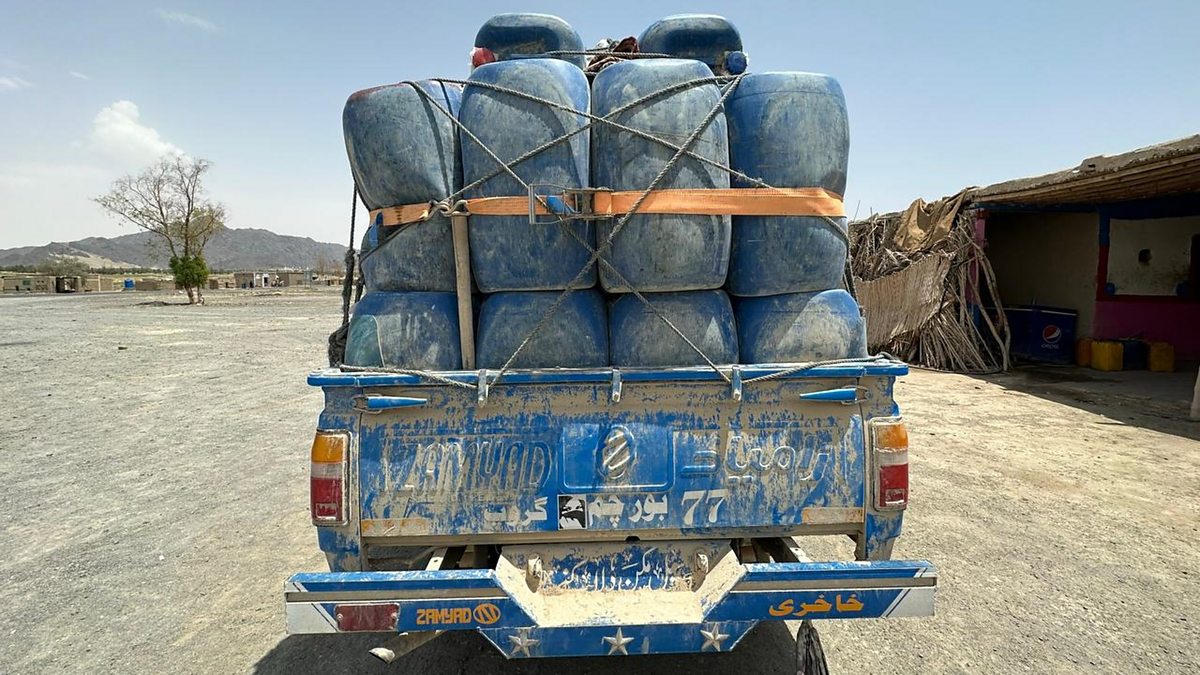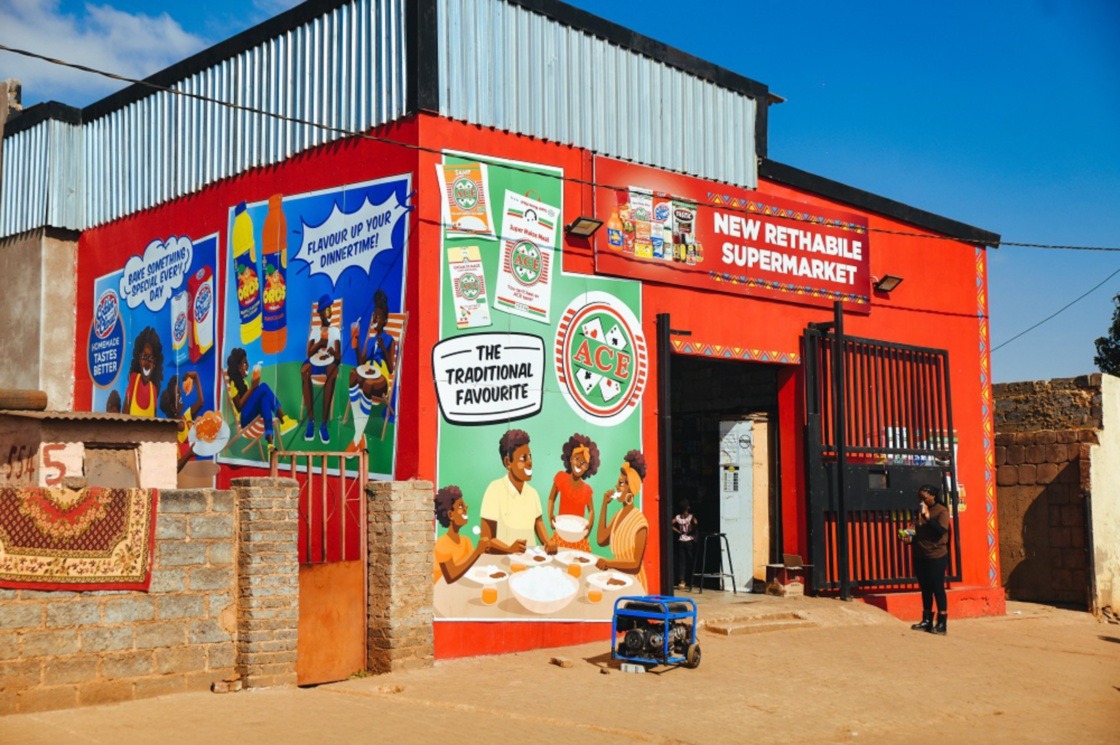
Introduction
South Africa is approaching a pivotal moment that could significantly impact its financial outlook. After nearly two decades, the country is seeing signs that its credit rating might be upgraded by S&P Global, one of the world’s leading credit rating agencies. A potential S&P upgrade is being fueled by fiscal improvements, economic reforms, and growing investor confidence. In this article, we explore the six key implications of a possible S&P upgrade and why it matters for South Africa’s future.
S&P Upgrade: Strengthening South Africa’s Creditworthiness
A potential S&P upgrade would mark a critical step forward in strengthening South Africa’s creditworthiness. Currently rated as “BB‑” by S&P, the country remains in the “junk” status category, meaning it faces higher borrowing costs and increased economic challenges. However, improvements in fiscal policy, debt reduction, and economic governance could push the country into a more favorable credit rating bracket.
For S&P, credit ratings are a reflection of a country’s ability to repay its debt, and fiscal reforms in South Africa have enhanced its ability to manage debt responsibly. A move toward a more stable fiscal position could trigger a long-awaited S&P upgrade and provide the country with more favorable borrowing terms.
Positive Economic Growth Prospects
Economic growth remains one of the most critical factors for any S&P upgrade. South Africa has faced persistent growth challenges, but recent signs suggest that the economy is on a recovery path. The government’s efforts to boost industrial activity, particularly in sectors like energy, mining, and infrastructure, are beginning to bear fruit.
With a growing focus on job creation, South Africa has the potential to reverse its unemployment rates over time. This economic turnaround, along with steady growth projections, increases the likelihood of an S&P upgrade. An improved growth trajectory demonstrates to S&P and investors that South Africa can sustain its development and reduce reliance on external financing.
Lower Borrowing Costs and Greater Investment Attraction
An S&P upgrade would significantly reduce the country’s borrowing costs. Currently, South Africa is burdened with high yields on government debt due to its “junk” status. A rating upgrade would lead to lower borrowing costs for the government, freeing up fiscal resources for other priorities, such as infrastructure investment or social development.
Additionally, an upgraded rating would make South Africa more attractive to foreign investors, who typically seek higher returns in emerging markets. With improved market access and reduced risk, South Africa could see increased inflows of foreign direct investment (FDI), strengthening its economy further. The potential S&P upgrade signals a better investment climate.
Increased Consumer and Business Confidence
Consumer and business confidence would also receive a major boost from an S&P upgrade. Higher ratings generally create a more stable environment for spending and investment. When South Africa’s credit rating improves, it leads to greater confidence in the country’s financial stability, which in turn promotes consumption, business expansion, and entrepreneurship.
A stronger rating could foster improved consumer spending, as households feel more secure in their financial future. Likewise, businesses might be more inclined to expand operations, take on new projects, and hire additional staff. All of this combined helps support a virtuous cycle of economic growth, with the potential S&P upgrade playing a central role.
Better Fiscal Health and Debt Sustainability
For South Africa, one of the most important aspects of the S&P upgrade is its potential impact on fiscal health. The government’s efforts to rein in spending, reduce deficits, and implement tax reforms are creating a more sustainable fiscal framework. This, in turn, helps to improve the country’s debt outlook.
A credit rating upgrade would reflect the successful containment of the country’s debt-to-GDP ratio, allowing South Africa to avoid excessive borrowing and financial strain. Stronger fiscal management would also enable the government to pursue longer-term investments in education, health, and infrastructure, all of which contribute to the country’s growth prospects.
Repositioning South Africa as a Regional Economic Leader
The potential for an S&P upgrade is not only a victory for South Africa but for the broader African continent. As Africa’s most developed economy, South Africa’s credit rating sets the tone for the rest of the region. A favorable rating could bolster confidence in other African markets, sending a signal that structural reforms and fiscal responsibility can lead to positive credit outcomes.
South Africa’s growing role in regional initiatives like the African Continental Free Trade Area (AfCFTA) positions the country as a key driver of regional economic development. An S&P upgrade would reinforce South Africa’s leadership position in the global economy, encouraging more trade, investment, and development across Africa.
FAQs
How would an S&P upgrade benefit South Africa’s economy?
An S&P upgrade would lead to lower borrowing costs, attract foreign investment, and enhance fiscal stability, ultimately boosting South Africa’s economic prospects.
What factors are contributing to the potential S&P upgrade?
Key factors include fiscal reforms, improved governance, positive economic growth, and the country’s enhanced global standing through regional leadership.
How does an S&P upgrade impact investor confidence?
An S&P upgrade signals reduced risk, making South Africa a more attractive destination for investment, which can lead to increased foreign capital inflows.
Conclusion
The possibility of an S&P upgrade represents a pivotal turning point for South Africa’s economy. With fiscal improvements, strong economic growth, and better governance in place, the country is positioning itself for a more stable and prosperous future. An S&P upgrade would not only improve the nation’s credit rating but also contribute to increased investment, lower borrowing costs, and enhanced fiscal health. As South Africa continues to implement the necessary reforms, the likelihood of such an upgrade becomes ever more probable, with significant positive implications for the country’s financial future.


